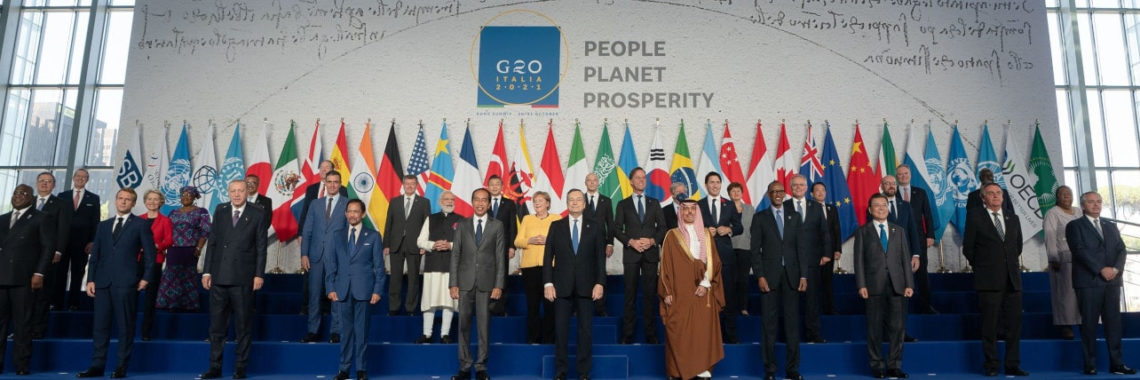Das Politikfeld Entwicklungszusammenarbeit befindet sich im Umbruch. In Deutschland wird im Vorfeld der Bundestagswahlen im Herbst 2017 die Rolle und Bedeutung der Entwicklungszusammenarbeit einen wichtigen Platz in der politischen Diskussion einnehmen. Fragen zu globalen Herausforderungen und politischen Entwicklungen wie der Agenda 2030 sollen auf unserer Blog-Plattform von unterschiedlichen Perspektiven unter dem Titel „Zukunft der deutschen Entwicklungszusammenarbeit“ öffentlich diskutiert werden. Bis zu den Bundestagswahlen werden dazu Stimmen von Vertreterinnen und Vertretern der Wissenschaft, der im Bundestag (derzeit und in der letzten Legislaturperiode) vertretenen Parteien, der Bundesregierung, des Europäischen Parlaments und der Europäischen Kommission, den entwicklungspolitischen Durchführungsorganisationen, der Zivilgesellschaft und der Privatwirtschaft beitragen.






